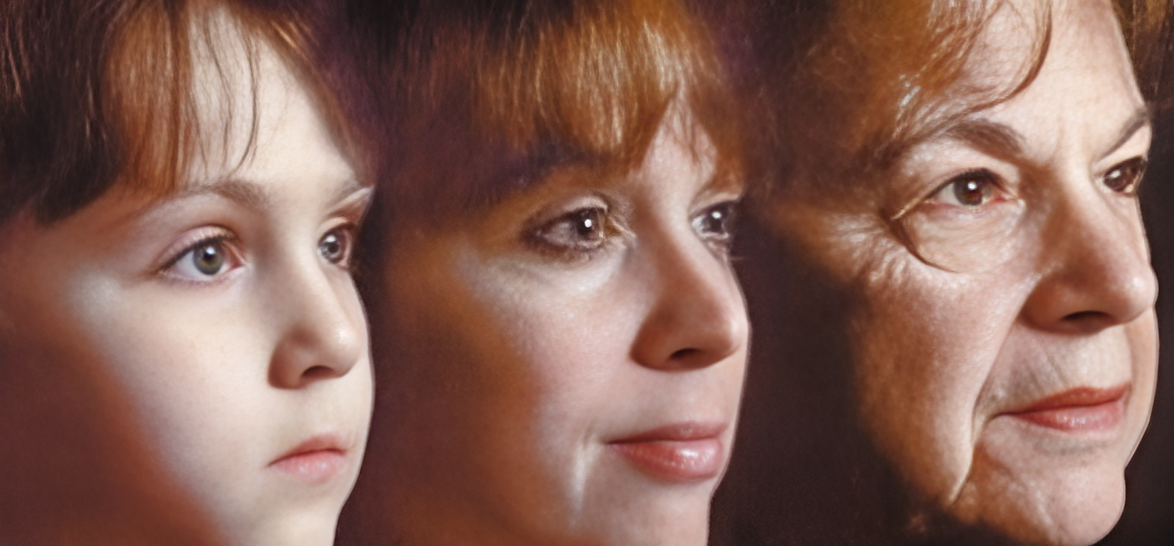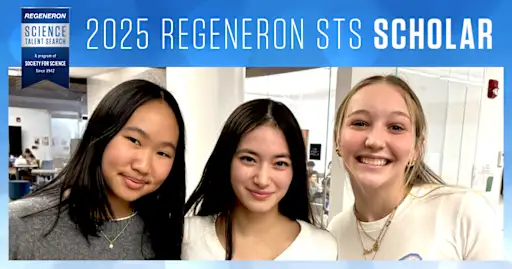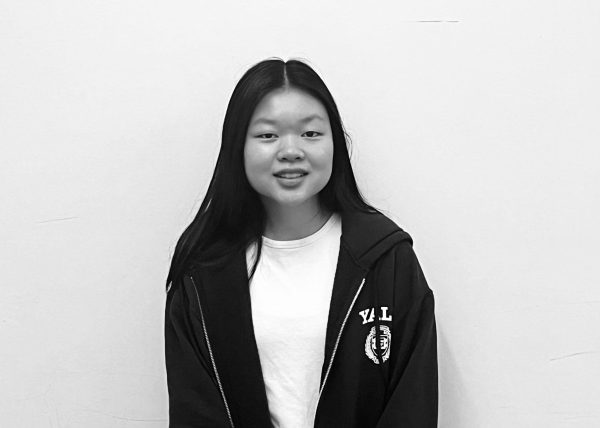Aging is inevitable. Or is it?
Trees bend and hollow. Flowers bloom and wither. Animals slow, molt, migrate and die. Aging is a law of nature, intrinsically coded in the DNA of every organism on Earth. From billion-dollar biotech companies to obsessive skincare routines, the pursuit of reverse aging has become one of the most ambitious of our time. Yet, for the first time in history, some scientists believe we can fight this inevitable process. Not just delay the effects, but reverse them.
In 2021, tech entrepreneur Bryan Johnson launched Project Blueprint, a radical and meticulously tracked medical regimen designed to “age-reverse” his entire body. Johnson reportedly spends $2 million per year undergoing daily tests, following a strict vegan diet, bathing in light therapy, receiving plasma transfusions from his teenage son, and taking over 100 pills a day – all in pursuit of reclaiming the vitality of his 18-year-old self. According to various biomarkers, some of his organs are now biologically younger than his actual age.
Scientists across the globe are exploring other ways to target the biological roots of aging, like cellular senescence, inflammation, and DNA damage. Anti-aging therapies such as senolytics, gene editing, and epigenetic reprogramming are being tested in labs, and in some cases, on humans. While most of these treatments are still experimental, the possibility of significantly slowing, and even reversing, the aging process no longer seems like science fiction. However, the current reality is that these treatments come with steep price tags. And if costs remain high, longevity may become a privilege of the wealthy. In this future, the rich could not only live longer but also retain power and influence far longer than anyone else.
In American culture, especially, aging is often seen as something to be feared, even loathed. According to Time magazine, many Americans equate growing older with decline, irrelevance, and loss. This fear is deeply tied to the idea of the American Dream, where youth, innovation, and productivity are markers of success. In a culture driven by trends and hyper-productivity, staying young has become a necessity for staying relevant. Each year, the cosmetics industry produces roughly $40 billion dollars in anti-wrinkle creams and cosmetic surgeries, all built on the premise that growing old makes you less valuable, less desirable, and less seen.
On platforms like TikTok and Instagram, anti-aging content is no longer targeting middle-aged adults, it’s reaching tweens. Children as young as 9 or 10 are purchasing retinols and chemical exfoliants meant for adults. As National Geographic reports, this phenomenon is driven by a culture that glamorizes youth and shames age. Teenage girls, still years away from their first wrinkles, are already afraid of growing older, pressured by influencers, celebrities, and even their own parents. As researchers at the University of Liverpool note, the fear of aging is fundamentally a fear of the unknown, exemplified in a society obsessed with control and appearance.
Reversing aging may sound revolutionary, but it also challenges what makes us human. Our identities, relationships, and memories are shaped by the passage of time. Gray hair, wrinkles, and smile lines mark the stages of our lives. If aging becomes something we can undo, we risk changing not just how we look, but how we understand ourselves and the lives we’ve lived.








